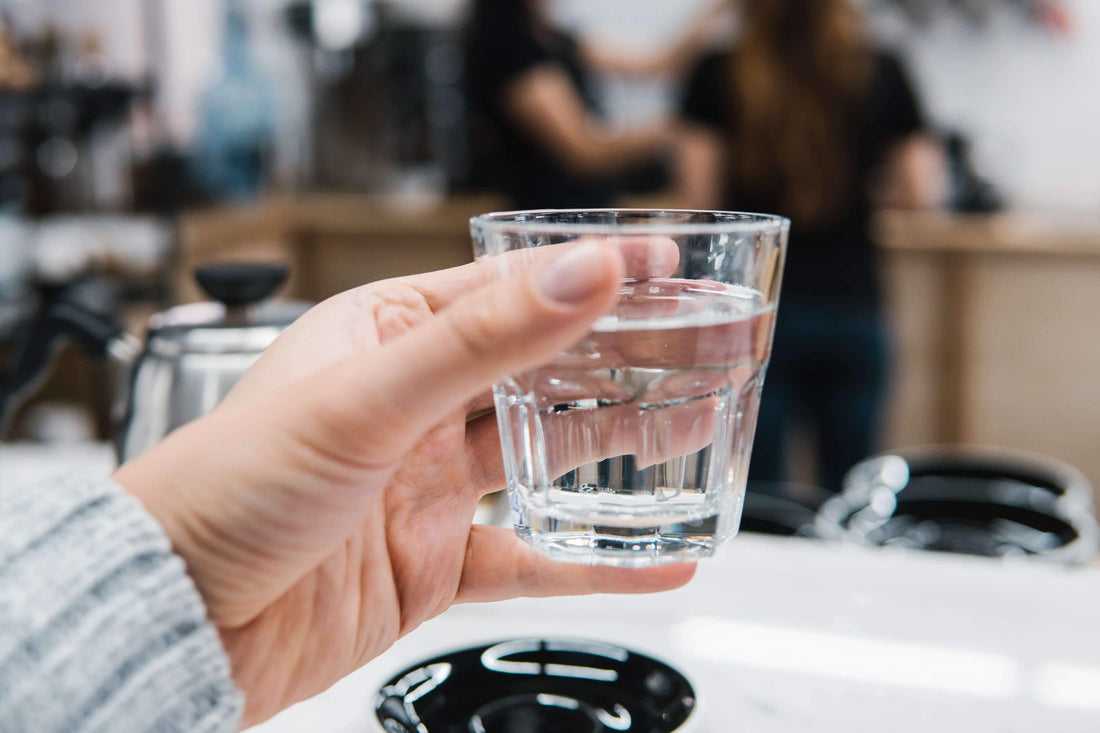
The Importance of Proper Hydration in Winter
Staying hydrated in summer is first and foremost on most minds at the weather warms up, but what about winter? Too often we are more concerned with staying warm in the winter months, completely neglecting hydration which can have detrimental effects on well-being.
Effects on winter and dehydration on the body
Australia is blessed with a temperate climate, though temperatures can drop drastically in the winter, along with more rainfall and storms. Harsh temperatures can leave your skin dry and your body parched, even as your thirst diminishes by as much as 40% in cooler temperatures. Not feeling thirsty might make it seem like you don’t need as much water, but this can’t be further from the truth.
According to the European Hydration Institute, loss of body fluid can be just as high in cold climates due to high amounts of expended energy, the wearing of heavier clothing, and increased urine loss.
The use of heavy winter clothing like thick coats and padded boots, in particular, forces the body to work 10% to 40% harder, according to the Immediate Clinic. Sweat evaporates much faster during this time, and you lose more body fluids when you exhale vapour, hence the need to replenish the body with clean water.
Dark urine, dry skin, dry mouth, constipation, dizziness or lightheadedness, and feeling hungry even though you’ve already eaten are some signs of mild to moderate dehydration. Therefore since thirst is a weaker sensation compared to hunger, you may already be dehydrated by the time you realise you’re thirsty.
When you hydrate yourself with healthy water you enjoy the benefits of glowing skin, more energy, less weight gain, and a stronger immune system in the winter months.
How to stay hydrated in the winter
- Set goals. According to Better Health Victoria, the average adult should drink eight cups (for women) to 10 cups (for men) of water each day for sufficient hydration, although sedentary individuals and those in cold environments might require less.
You might have to up your intake if you have a high-protein diet, a high-fibre diet, are pregnant or breastfeeding, suffer from diarrhea, or are physically active – it’s generally advised to drink a half cup for every 15 minutes of exercise.
Now that you know how much water the average adult should be drinking, you need to make that your goal intake for each day.
- Try warm drinks. You don’t have to force yourself to drink cold water in the winter – try warm water to make it easier to drink a sufficient amount each day.
- Get creative with hydration. Although health experts recommend getting most of your hydration from plain, healthy water, there’s no harm in spicing it up with some infused water, herbal tea, smoothies, soups, and other wholesome treats to stay hydrated.
Go easy on caffeine and alcohol, as these beverages are known to have a diuretic effect.
- Make it a habit. In order to drink the recommended amount of water each day, incorporate it into your daily routine. For example, make it a point to drink a full cup before every meal, upon waking, and before going to sleep at night, so that you don’t forget.
- Snack on hydrating foods. Not all of your fluids need to come from water. Snacking on water-based foods like watermelon, grapes, cantaloupe, berries, and yoghurt is a great way to sneak more healthy liquids into your diet. Cut back on fried and processed foods like chips and white bread as these pull water from the body.
- Wear breathable clothing. Perspire less in the winter by wearing comfortable layers of warm, breathable fabric like lightweight fleece and jackets with vents.
- Invest in hydration hardware. Get yourself a handy water filter or portable jug to carry with you at all times to stay hydrated. Waters Co has a line of water jugs for personal use.
With these quick and easy tips, there’s no reason for you and your loved ones to get dehydrated in the winter. Enjoy the benefits of clean, healthy water with Waters Co.

